When the storm of betrayal sweeps through the foundation of love, it leaves behind a landscape of shattered trust and bewildered emotions. Yet, understanding the reasons behind infidelity is a crucial step toward healing – a journey that demands empathy, introspection and the courage to navigate through the complexities of human connection.
Here we look at 7 different scenarios that may contribute to infidelity
1. Unmet Emotional Needs:
Life’s demands can create a whirlwind, leaving partners unintentionally neglecting each other’s emotional needs. In these moments of neglect, the seeds of infidelity may find fertile ground. Seeking emotional connection and understanding outside the relationship becomes a way to fill the void left by unmet needs. The challenge lies in recognising these needs and fostering open communication to address them.
2. Communication Breakdown:
At the core of any healthy relationship lies effective communication. When the lines of communication break down, partners may find themselves feeling unheard or misunderstood. The desperation for connection may drive individuals toward seeking solace elsewhere. Rebuilding communication is pivotal in re-establishing trust, emphasizing the need for vulnerability, active listening and a safe space for both partners to express their thoughts and feelings.
3. Lack of Intimacy:
Intimacy, both physical and emotional, is the lifeblood of a relationship. When the flame of intimacy flickers or dims, some individuals may seek fulfillment outside the relationship to satisfy their yearning for connection. This highlights the importance of prioritising intimacy, understanding each other’s desires and nurturing the physical and emotional aspects of the relationship.
4. Personal Insecurities:
Deep-seated insecurities can lead individuals to seek external validation. Infidelity becomes a misguided attempt to boost self-esteem or feel desired. Recognising and addressing personal insecurities is a crucial aspect of the healing journey. Partners can work together to create an environment that fosters self-love, acceptance and mutual support.
5. Escaping Unhappiness:
Unhappiness within the relationship can drive individuals to seek solace elsewhere. Infidelity becomes a coping mechanism, a way to escape the pain or dissatisfaction experienced within the partnership. The challenge here is to confront and address the root causes of unhappiness, whether they stem from personal struggles or issues within the relationship.
6. Psychological Trauma:
Past trauma, whether from childhood or previous relationships, can cast a long shadow on present behaviour. Infidelity may unknowingly become a coping mechanism to address unresolved wounds or gain a sense of control. Recognising the impact of past trauma is essential for both partners to foster understanding, empathy, and support in the healing process.
7. Learning from Upbringing:
Our upbringing molds our beliefs about relationships, and those beliefs often shape our actions. If an individual witnessed infidelity or experienced relationship instability during their formative years, they may be more prone to repeating these patterns unconsciously. Breaking free from learned behaviours requires self-awareness, open communication and a commitment to creating healthier relationship dynamics.
Understanding these underlying reasons for infidelity isn’t about justifying the act but shedding light on the intricate layers of human relationships. If you or someone you know finds themselves grappling with the aftermath of infidelity, it’s essential to approach the journey with empathy, patience and a commitment to growth.
Seeking understanding, fostering open communication and considering professional support are vital steps toward healing. The path may be challenging, but compassion and growth can emerge from even the most difficult moments. Relationships, like individuals, can evolve, learn, and emerge stronger on the other side of adversity. In embracing the complexity of human connection, we pave the way for a more profound and resilient love.
About the Author: Joy Ball is a devoted partner, a nurturing mother of two, and an experienced relationship counsellor with a rich 15-year history in the field. Her unwavering commitment lies in providing comprehensive support to couples and individuals as they navigate their unique relationship journeys.
To book an appointment click here




